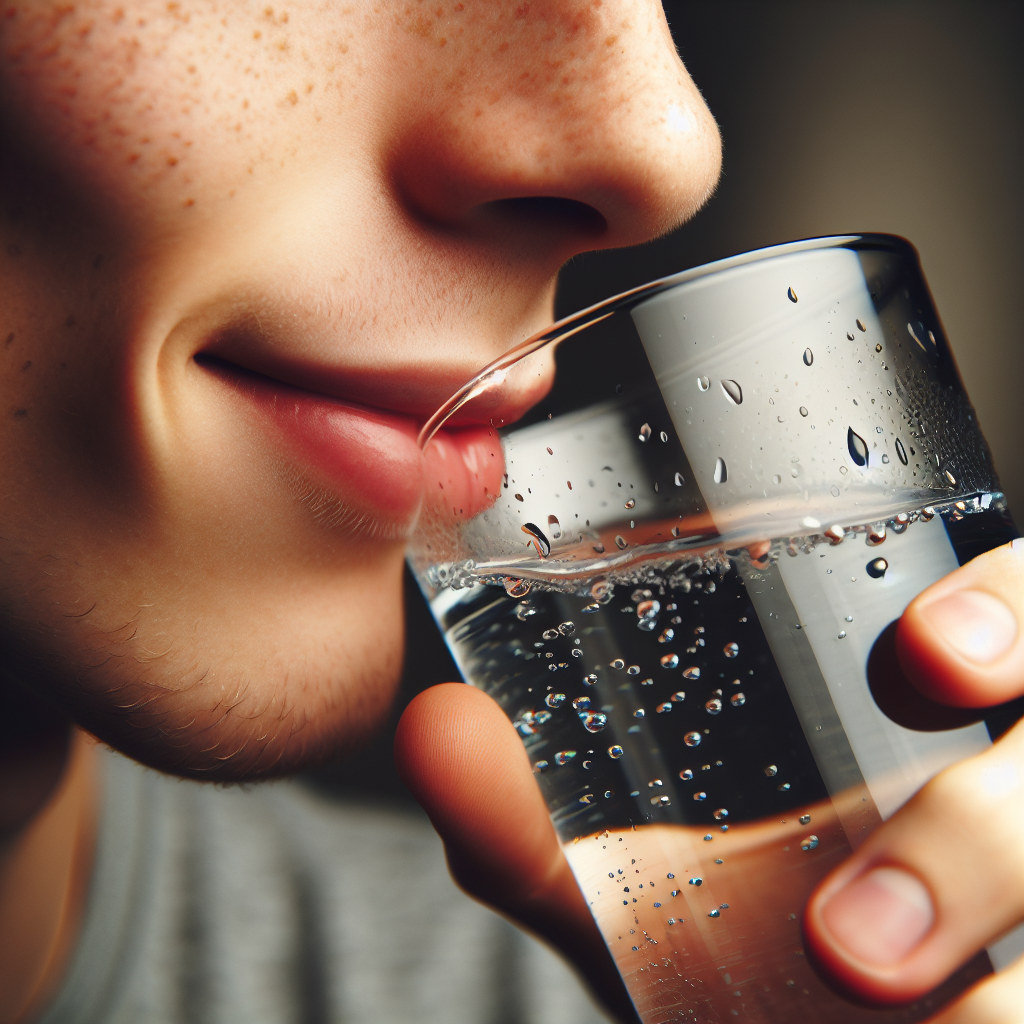The Importance of Hydration for Brain Health
Hydration plays a crucial role in maintaining optimal cognitive function and overall brain health. The human brain is composed of about 75% water, and even mild dehydration can have a significant impact on cognitive abilities. Research has shown that dehydration can lead to problems with short-term memory, concentration, and overall cognitive performance. Therefore, it is essential to understand the importance of staying hydrated for brain health.
When the body is dehydrated, the brain has to work harder to perform the same tasks compared to when it is well-hydrated. This extra effort can lead to feelings of fatigue, difficulty in concentrating, and increased perceived effort during mental activities. In fact, studies have demonstrated that dehydration can result in changes in mood, increased perception of task difficulty, and a decline in cognitive function.
Furthermore, adequate hydration supports the flow of nutrients and oxygen to the brain, helping to maintain optimal brain function. Water is essential for the regulation of the body’s temperature, and proper hydration ensures that the brain is protected from overheating, which can adversely affect cognitive performance.
In conclusion, maintaining proper hydration is critical for sustaining cognitive function and promoting overall brain health. By staying hydrated, individuals can support their brain’s ability to focus, concentrate, and perform at its best. Making a conscious effort to drink enough water throughout the day can have a significant positive impact on cognitive abilities, mood, and overall well-being.
How Dehydration Affects Cognitive Performance
Hydration plays a crucial role in maintaining optimal cognitive function. Dehydration, on the other hand, can have a significant impact on various cognitive abilities. When the body doesn’t have enough water, it can lead to problems with concentration, alertness, short-term memory, and overall cognitive performance. Studies have shown that even mild dehydration, as little as 1-2% loss of body water, can impair cognitive function.
Dehydration affects cognitive performance in several ways. One of the primary mechanisms is through reduced cerebral blood flow. When the body is dehydrated, there is a decrease in blood volume, which in turn reduces the flow of oxygen and nutrients to the brain. This can result in decreased cognitive efficiency, slower reaction times, and difficulty in focusing on tasks.
Furthermore, dehydration can have a negative impact on mood and increase the perception of task difficulty, which can further impede cognitive performance. It is worth noting that these effects are particularly pronounced in tasks that require attention, psychomotor skills, and immediate memory, indicating the broad impact of hydration status on cognitive function.
Therefore, maintaining proper hydration levels is essential for optimal cognitive performance. Individuals should strive to consume adequate amounts of water throughout the day to support their cognitive abilities. Being mindful of hydration is particularly important in situations that can lead to increased water loss, such as physical exercise or exposure to heat. By prioritizing hydration, individuals can support their cognitive function and overall well-being.
Strategies for Maintaining Optimal Hydration Levels
Hydration plays a crucial role in maintaining optimal cognitive function. Dehydration has been linked to impaired attention, memory, and overall cognitive performance. Therefore, it is essential to have effective strategies in place to ensure that individuals maintain proper hydration levels throughout the day.
One of the key strategies for maintaining optimal hydration levels is to consume an adequate amount of water. The general recommendation is to drink at least 8 glasses of water per day, although individual needs may vary based on factors such as age, sex, and activity level. Additionally, consuming water-rich foods, such as fruits and vegetables, can contribute to overall hydration.
Another important aspect of hydration is timing. Encouraging regular water intake throughout the day, rather than consuming large quantities at once, is crucial for sustained hydration. This approach helps to prevent dehydration, which can negatively impact cognitive function.
Furthermore, individuals should be mindful of their fluid intake in specific circumstances that may increase the risk of dehydration, such as during physical exercise or exposure to high temperatures. In these situations, increasing fluid intake to compensate for the additional fluid loss is essential for maintaining optimal hydration levels.
In conclusion, strategies for maintaining optimal hydration levels play a significant role in preserving cognitive function. By prioritizing regular water intake, consuming water-rich foods, and adjusting fluid intake based on individual needs and circumstances, individuals can support their cognitive performance through proper hydration.
